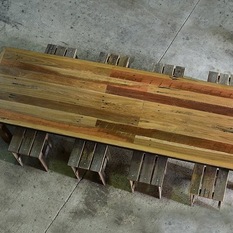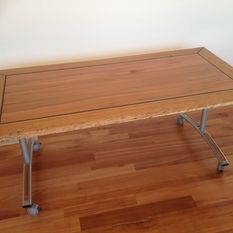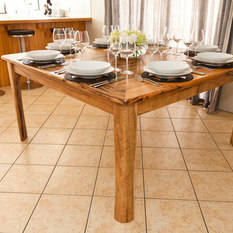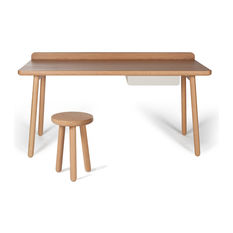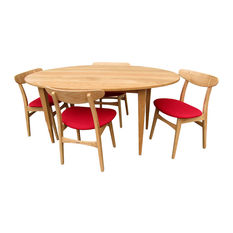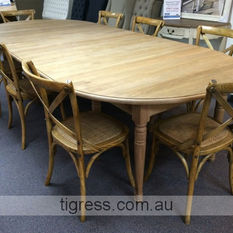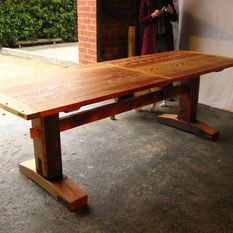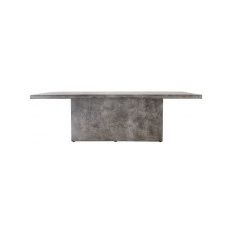1,607 Dining Tables
The most coveted dining tables do a great job of combining comfort and practicality with personal style. Your perfect dining table might host casual family dinners, and provide a spot for the kids to do their homework. Or, you could seek an elegant dining table that is the focal point of your formal dining room, reserved solely for dinner parties. While it can be an expensive purchase, a well-chosen dining table can last you a lifetime. Look for a dining table that is well-crafted and strong, can comfortably accommodate your family and friends, and will blend in with your existing decor – and for more advice on what to look for, read on below. More
Popular Today
36 Per Page





